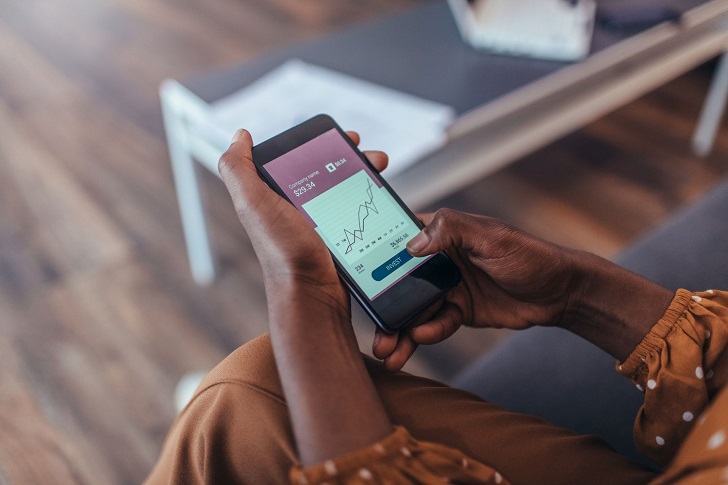The bulk of equities is often affected by market declines as severe as the last. Recent market falls have been more widespread and severe than typical, which may present a purchasing opportunity.
The S&P500 has fallen close to 21% since its all-time peak in January 2022. Inflation has been one of the most significant contributors to this. This motivates consumers to spend less, a trend that has already begun to manifest at Target. Consumer staples firms are undoubtedly coping with declining profit margins due to rising expenses.
Inflation has prompted the Federal Reserve to predict more interest rate hikes, which would restrict economic demand and wage growth even further. In addition, increased interest rates on long-term bonds devalue future profits, resulting in a precipitous decline in stock prices.

SoFi/ Pinterest | The stock market is filled with individuals who know the price of everything - but the value of nothing
The Stock Market is an Auction
In essence, the stock market is an auction, with one party wishing to sell its ownership in a specific firm and another wishing to acquire it. When both parties agree on a price, the deal is executed, and the new market quote for the stock is established.
Individuals, organizations, institutions, governments, or asset management firms managing money for private customers, mutual funds, index funds, or pension plans can be buyers and sellers. You will often have no idea who you are trading with.
The number of shares moved is referred to as "trading volume," which can reflect how "hot" a stock is or how much other investors are interested in it. It can also inform traders about the ease of entering or exiting a position in a particular stock.

VGAJIC/ GETTY IMAGES | In investing, what is comfortable is rarely profitable
Why Do Stock Prices Change Every Second?
The short-term movement of stock prices is determined by supply and demand, and the equilibrium between supply and demand is influenced by market sentiment. However, investors' attitudes do not alter every second. Why, therefore, do stock values fluctuate so rapidly?
The current stock price is just the price at which the most recent transaction occurred. There are transactions for several equities every second the stock market is open.
Each day, investors exchange an average of 90 million Apple shares. When a block of shares is purchased or sold, the stock price is adjusted to reflect the most recent transaction price. The enormous volume of transactions guarantees that the stock price varies every second, regardless of any shift in market sentiment.

Finch/ Pinterest | Given a 10% chance of a 100 times payoff, you should take that bet every time
Supply and Demand
Supply and demand impact the pricing of stocks. Because the stock market operates like an auction, the price must adjust when there are more buyers than sellers, or there will be no transactions. This circumstance tends to drive the price up, raising the market quote at which investors may sell their shares and attracting investors who had not previously been selling to do so.
In contrast, when there are more sellers than buyers and less demand, whoever is prepared to submit the lowest offer determines the price, resulting in a race to the bottom.






